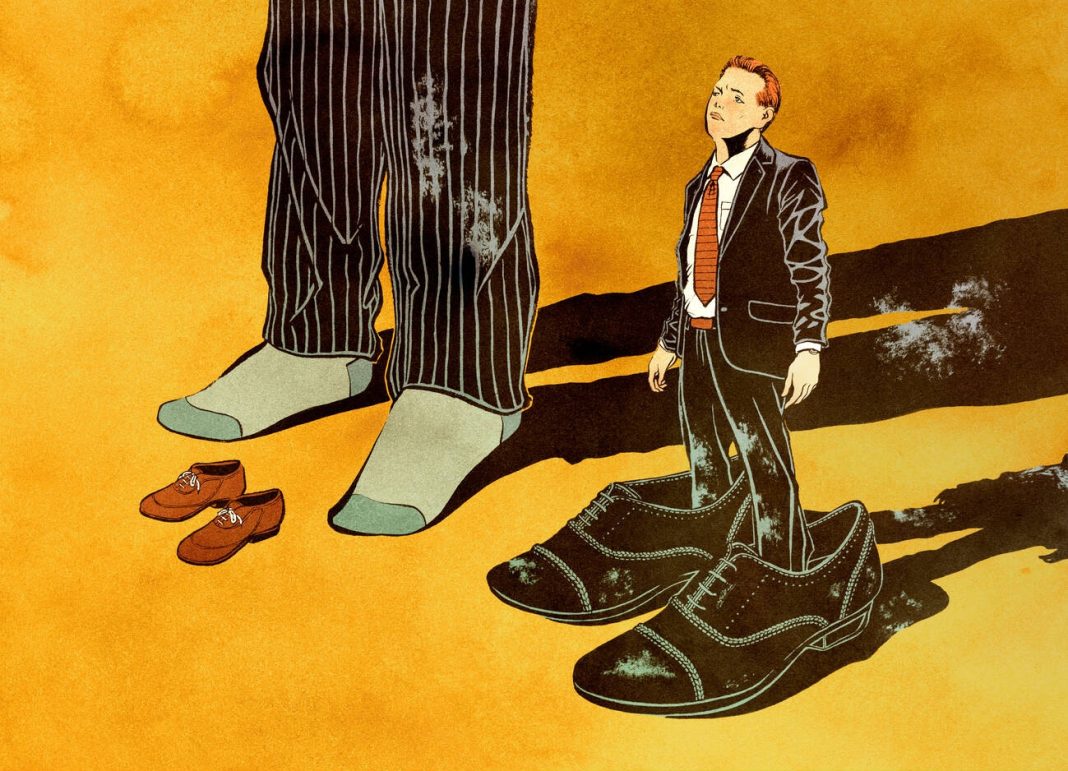The United Kingdom is amid a significant socio-economic metamorphosis, as official data from 2021-2022 exposes that approximately 22% of the population, translating to 14.4 million people, grapple with poverty. This demographic encompasses a broad spectrum of society, including 8.1 million adults, 4.2 million children, and 2.1 million pensioners.
The Joseph Rowntree Foundation sheds light on an escalating crisis, with six million individuals experiencing intense poverty, requiring an additional £12,800 annually to meet the poverty line.
In response to this dire scenario, there is a growing imperative for individuals to seek a second job for financial stability amid widening income disparities and the looming spectre of social breakdown. This article delves into the pressing need to address the underlying causes of poverty in the UK, emphasising the crucial demand for policy reform and collective societal action.
The Unsettling Reality: A Snapshot of Poverty in the UK
The latest official figures paint a grim picture: approximately 22% of the UK’s population, or 14.4 million people, was impoverished during 2021-2022. This demographic includes 8.1 million adults, 4.2 million children, and 2.1 million pensioners. Such statistics herald the onset of a potential ‘social breakdown,’ challenging the strength and identity of British society.
The Joseph Rowntree Foundation (JRF) amplifies this concern, indicating that six million individuals were in intense poverty, subsisting on less than 40% of the median income after housing costs. This scenario necessitates an additional £12,800 per year for them to reach the poverty line merely. Therefore, a second job for financial stability is not simply an option but a critical necessity for survival.
The Struggle for Stability: A Family’s Fight Against Poverty in the UK
Amid the UK’s shifting economic landscape, the plight of families struggling with poverty becomes starkly visible through the example of a couple with two children under the age of 14.
According to the Joseph Rowntree Foundation, such a family living in the shadows of poverty faces daunting financial challenges. Their average income after housing costs stands at a mere £21,900, significantly below the threshold needed to secure a basic standard of living.
To reach the poverty line, defined as 60% of the median income, this family would need an additional £6,200 annually, highlighting the growing disparity between living costs and income.
This scenario is not just a set of numbers; it represents the harsh reality for millions of families across the UK, where the dream of financial stability has become increasingly elusive.
This example serves as a poignant reminder of the urgent need for systemic reforms to uplift families from the quagmire of poverty and towards a future of hope and security.
The Quest for Stability: The Imperative of a Second Job
The widening gap from the mid-1990s, when the additional income needed was significantly lower after adjusting for inflation, underscores the deepening poverty crisis in the UK.
The necessity for a second job for financial stability becomes a critical survival strategy for families caught in this predicament, battling against the rising tide of living costs while trying to provide a nurturing environment for their children.
The JRF’s report serves as a clarion call for comprehensive policy reform, advocating for measures like incorporating an ‘Essentials Guarantee’ in Universal Credit. Such reforms ensure everyone can access life’s necessities, providing stability in turbulent times.
Political Response and Societal Outlook
As Britain edges closer to a general election, the political landscape is awash with debates on addressing this escalating crisis. Proposals and promises abound, yet the essence of the discourse centres on the urgent need for a paradigm shift—a move towards policies that not only address the symptoms of poverty but also tackle its root causes.
The government’s stance, highlighting ongoing support measures and a reduction in absolute poverty figures since 2010, offers hope. Yet, the reality on the ground, marked by increasing reliance on food banks and a visible uptick in homelessness, underscores the chasm between policy and practice.
The Road Ahead: Navigating Through Crisis
The evolving landscape of British society, marked by an alarming increase in poverty rates, underscores a critical juncture in the nation’s socio-economic fabric. With nearly a quarter of the population or 14.4 million people, grappling with poverty, the UK faces a profound challenge that threatens its identity and cohesion.
The Joseph Rowntree Foundation’s findings reveal a stark reality where six million individuals exist in intense poverty, highlighting an urgent need for systemic change. The widening poverty gap, exacerbated by structural issues and escalating living costs, necessitates temporary fixes and long-term strategies aimed at economic and social reform.
The imperative for individuals to secure a second job for financial stability is a telling indicator of the severity of this crisis. This situation calls for a concerted effort from all sectors of society—government, private sector, and civil organisations—to implement policies that ensure a fair distribution of wealth, access to essential services, and support for those in dire need.
As Britain approaches a critical electoral juncture, the choices made today will determine the nation’s path towards either deepening disparity or a future where dignity and security are accessible to all. The time for decisive action is now to prevent the further erosion of societal well-being and to foster a resilient, inclusive British society.

